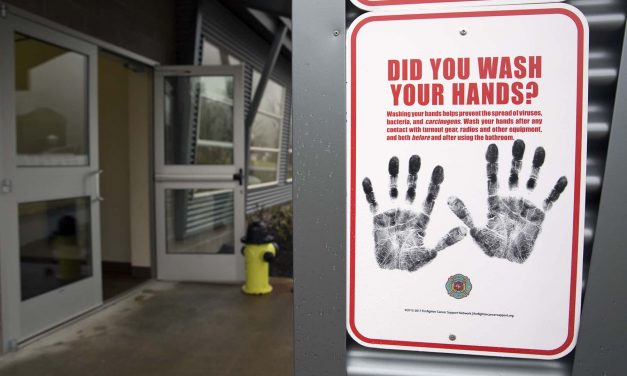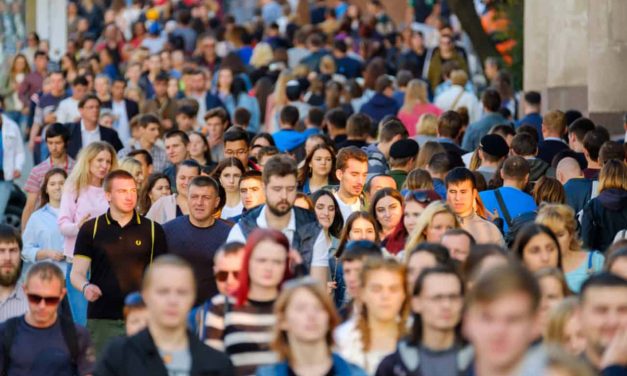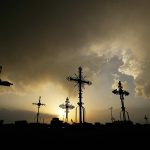A wake-up call for humanity: The coronavirus pandemic exposes long ignored failures of our society
The rapid spread of novel coronavirus has prompted government, business, and civil society to take dramatic action-canceling events large and small, restricting travel, and shutting down major segments of the economy on which nearly all of us depend. It is a demonstration of our ability, when the imperative is clear, for deep and rapid global cooperation and change at a previously unimaginable speed and scale. There is an obvious desire to protect ourselves and our loved ones. But we are also seeing something more as communities mobilize to address the crisis—a sense of mutual responsibility, born of a recognition...
Read More














